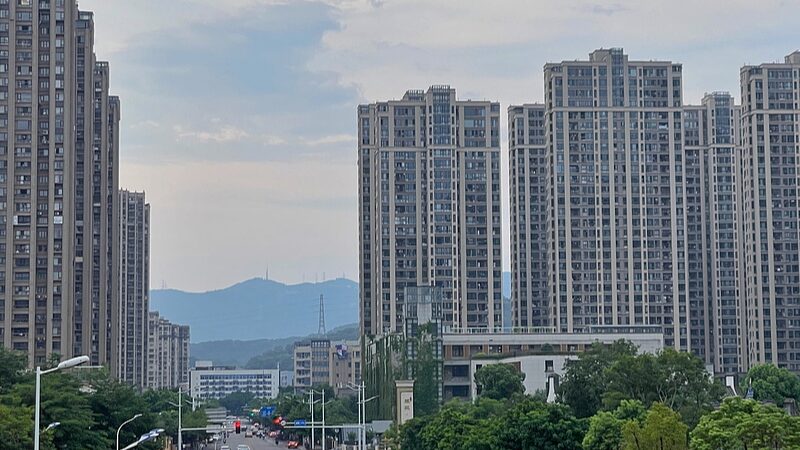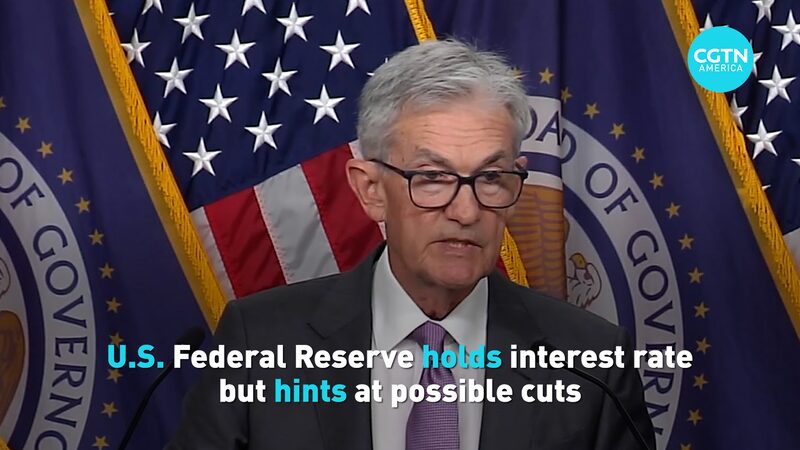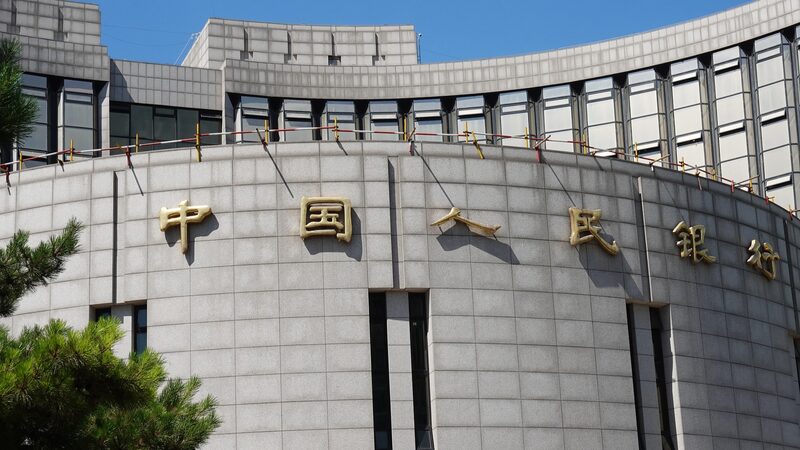On Monday, China announced significant cuts to its market-based benchmark lending rates, marking a strong move to stimulate economic growth and support the recovery of credit demand.
The one-year Loan Prime Rate (LPR) was reduced from 3.35% to 3.1%, while the over-five-year LPR, which many lenders use as a reference for mortgage rates, was lowered from 3.85% to 3.6%, according to the National Interbank Funding Center.
This marks the third reduction in LPRs this year, forming part of the country’s broader policy push to reduce financing costs, bolster consumption, and encourage investment growth.
“The cut exceeded market expectations, as both the one-year and over-five-year LPRs were lowered by the maximum margin,” said Wu Bin, an analyst at China Minsheng Bank. Last week, central bank governor Pan Gongsheng had indicated that LPRs would decrease by 0.2 to 0.25 percentage points.
Wu noted that these cuts underscore the government’s determination to support economic recovery through proactive monetary policy.
In late September, the central bank reduced the interest rate of seven-day reverse repos, a key short-term policy rate, by 20 basis points and lowered the reserve requirement ratio (RRR) for financial institutions by 0.5 percentage points.
Major commercial banks, aligning with central bank policies, have already moved to lower deposit rates.
Furthermore, central bank governor Pan indicated at the Annual Conference of Financial Street Forum 2024 held last week that the RRR could be lowered by an additional 0.25 to 0.5 percentage points within 2024, depending on liquidity conditions.
Analysts believe that these measures are part of coordinated efforts to strengthen counter-cyclical adjustments, stabilize capital and property markets, and expand high-level financial opening up.
“These LPR cuts are in line with the current macroeconomic policy direction and serve as key mechanisms for transmitting impactful interest rate cuts to the real economy,” said Wang Qing, chief economist at Golden Credit Rating, a China-based credit rating agency.
Wang added that the greater-than-expected LPR declines reflect the government’s fourth-quarter focus on guiding substantial reductions in corporate and household loan rates, particularly concerning new residential mortgages.
To ease the financial burden on homeowners, the central bank has asked commercial banks to lower interest rates for outstanding mortgage loans. This reduction is expected to save borrowers 150 billion yuan, benefiting 50 million households, according to Tao Ling, deputy governor of the central bank, at a press conference held last week.
These policy moves follow a crucial meeting convened by the Political Bureau of the Communist Party of China Central Committee in late September, which called for intensified efforts in economic work, including the implementation of impactful interest rate cuts and the promotion of the property market’s stabilization.
Looking ahead, Wang Qing expects that the LPR drops will boost economic growth momentum, help stabilize the property market, and provide key support for achieving this year’s economic growth targets.
Reference(s):
cgtn.com








